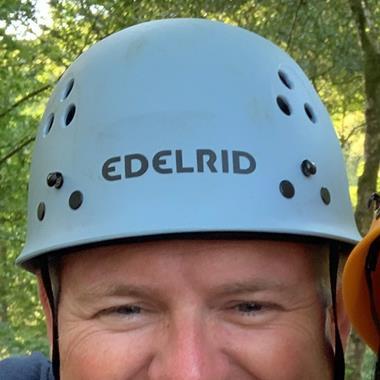Nick O’Loughlin, head of geography and co-curricular coordinator at AKS Lytham in Lancashire, talks subject-specific trips, residentials and his part-time PhD on learning outside the classroom.
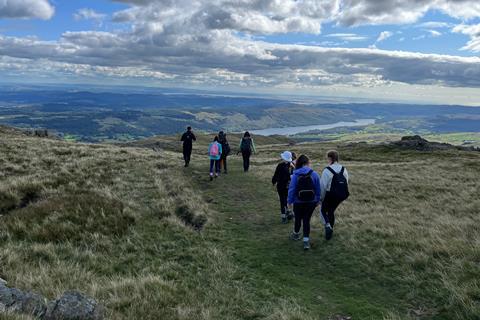
Tell us about your role at AKS Lytham.
I started working at the school around 14 years ago as head of geography. With that role, I inherited the responsibility of organising the Year 7 residential trip to the Lake District, which was something established by my predecessor. Over time, we’ve changed the trip location for various reasons, but I’ve continued to run it annually.
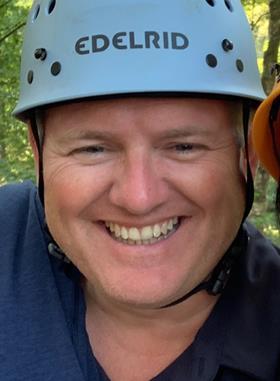
A few years ago, I also took on the role of the school’s co-curricular coordinator, which I share with a colleague who teaches mathematics. We split the co-curricular job based on our strengths. She manages the digital and data-related aspects - scheduling, data collection and computer-based monitoring - while I handle the more interpersonal side, such as advising and supporting staff.
The job has become something way bigger than it originally was. I probably have the longest job title in the school. I do various things and it all just mounts up on the spreadsheet.
What does the co-curricular programme involve?
We run a large number of trips each year. In a few weeks, I’ll be taking the entire Year 7 cohort to Ingleton on a residential trip - a continuation of the original Lake District trip, now relocated to the Yorkshire Dales. In September, I take all of Year 9 to the Lake District for a week of outdoor education.
There are also many subject-specific trips. The history department takes a group to Tatton Park; they also visit World War One battlefields. We’re taking a group to Auschwitz next October, and there’s a plan formulating to visit Berlin the year after. I have organised a trip to Sicily, which we may repeat. I know biology students visit RSPB sites near Lancaster. There are also regular sport-related outings, including a Year 7 rugby tour to North Wales and a senior rugby tour to Argentina. Last year, the hockey team toured South Africa as well. We also run a Year 12 residential to London every February. There’s a lot going on.
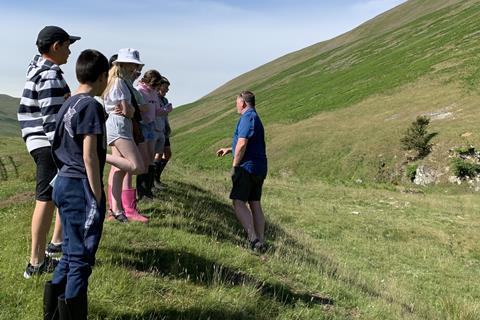
I should add that the co-curricular programme isn’t just about trips; it also includes a wide range of daily clubs. We offer 78 clubs throughout the week. At least five or six clubs run each lunchtime, plus many sports practices and after-school activities. There’s pretty much something for everybody, really, and if there isn’t, then we encourage students to start new clubs.
What do you do as part of the London trip?
We travel down early morning, visit museums (either the Natural History or British Museum), and I take a group to the British Library as part of a project where we get our Year 12 students to research and write an undergraduate-level paper. Students are also given time in Covent Garden, we see a West End show (e.g. Les Misérables, Mamma Mia!), and on Friday, we visit Parliament, walk around Westminster and enjoy a river cruise down to Tower Bridge.
Students then have free time in London. The way we do it is we set up a group chat and at certain points in the day they have to send a photo of their group, where they are, and show us what they’re doing.
Some pupils have never been to London before, so these experiences are invaluable. As a geographer, I believe in the importance of learning outside the classroom - seeing the world first-hand deepens their understanding and I think the more we take kids out, the better.
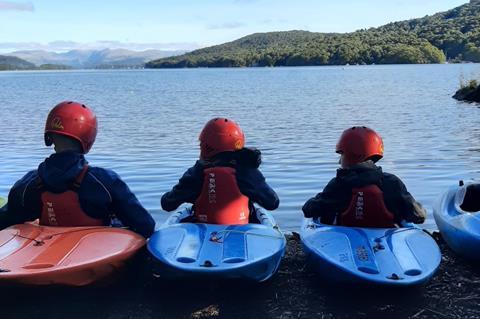
What interests you most about school trips?
I’m currently undertaking a part-time PhD focused on why some subject leaders engage in learning outside the classroom while others do not. Despite facing the same constraints, those being budget, health and safety, and curriculum demands, some teachers still choose to run trips, and I want to understand why.
Early findings suggest that past experiences play a major role. Teachers who went on school trips as students are more likely to run them now. This has long-term implications: if fewer trips happen now, we risk future teachers lacking those formative experiences and being less inclined to organise trips themselves. That’s why I’m always trying to encourage new staff to come on trips with us. You need to show them what’s possible and give them the scope to think about running their own trips in future.
Would you like to tell us about the work you do in organising educational visits? Get in touch by emailing editorial@schooltravelorganiser.com.





